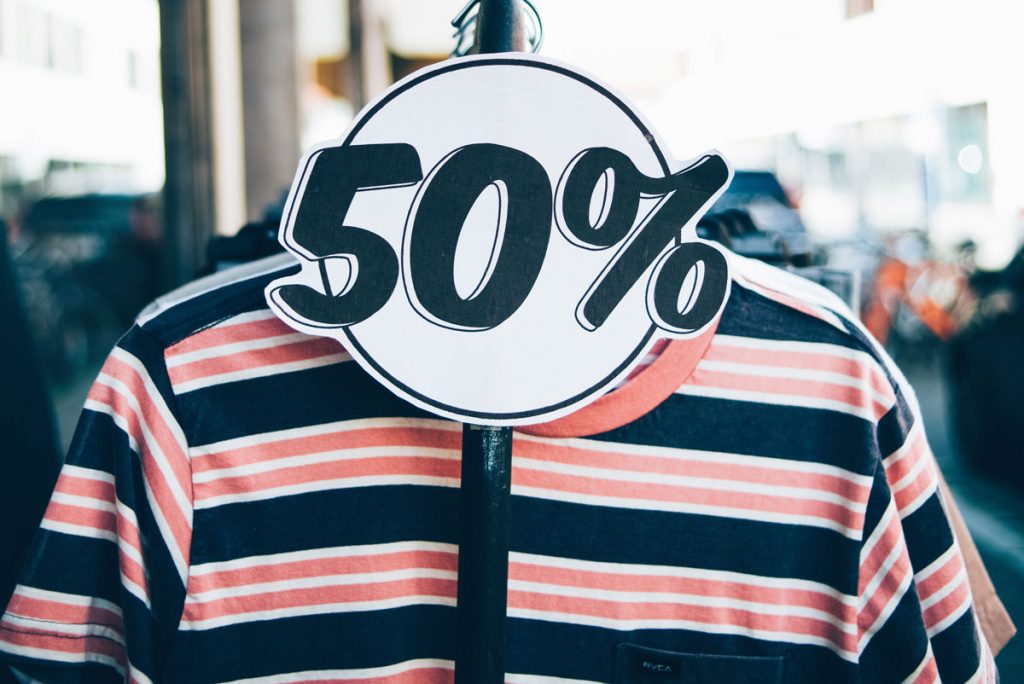U.S. Consumer Sentiment Sees Largest One Month Decline Since 2008
One economist says the economy will get through this pandemic, but will need a lot of help from government and consumers to get there.

A University of Michigan survey says consumer sentiment in the U.S. fell nearly 12 index points in March, making it the largest one month decline since the 2008 recession.
Consumers “are more concerned about the health threats than the economic adversity they’re facing.” — Richard Curtin, economist
Richard Curtin, an economist at the university, tells WDET’s Alex McLenon that shoppers are primarily focused on the coronavirus outbreak.
“We would see that aiding both small businesses and consumers,” Curtin says. “And hopefully it will be more targeted at those who are suffering the greatest hardships.”
Click on the player above to hear economist Richard Curtin on the where consumer focus is during the COVID-19 outbreak, and read a transcript below, edited for length and clarity.
Alex McLenon, 101.9 WDET: What impact is the coronavirus outbreak having on consumer spending?
Richard Curtin, University of Michigan: Consumer sentiment is in a steep decline. Consumers have become very concerned with not only the coronavirus but how it threatens their health. They are more concerned about the health threats than the economic adversity they’re facing from the various measures to contain the virus.
As part of the recently passed CARES Act, the federal government will be sending stimulus checks to people. Will that help balance things out?
It will help. There’s no question about that – even if consumers receive the money later this month and not promptly at the start of the month when many face bills. I think it’s certainly a good idea to have the bill but I think more needs to be done. Now we’re facing another 30 days of self-isolation. For many folks that means their paychecks are in suspension for another month, and it’s likely that will stretch into May.
Once this lockdown period comes to an end, what will it take for businesses to start turning around? Are there any indicators we can look for?
I think we’ll see very different reactions across country and across industries. Some areas of the country will be hit harder by the virus and will take longer to recover. And some industries have been hit harder, especially the travel industry. They will take longer to recover.
So I think there is no magic infection rate or death rate that a business or consumer is looking for as the signal that everything is okay. Many consumers will have different assessments of risk. So we’ll see a slow turnaround in the economy after the virus starts going into decline.
Do you think businesses will bounce back and be where it was, or will there be companies that don’t come out the other side?
There’ll certainly be companies that will not survive this pandemic. And there will be other new companies that will be formed in a post-coronavirus economy. This will cause great hardship for most consumers and many small businesses. Government policy needs to take that into account.
I would expect that we’ll see another aid bill that passes the $2 trillion mark. We would see it aiding both small businesses and consumers, and hopefully it will be more targeted at those who are suffering the greatest hardships.
Trusted, accurate, up-to-date
WDET is here to keep you informed on essential information, news and resources related to COVID-19.
This is a stressful, insecure time for many. So it’s more important than ever for you, our listeners and readers, who are able to donate to keep supporting WDET’s mission. Please make a gift today.
